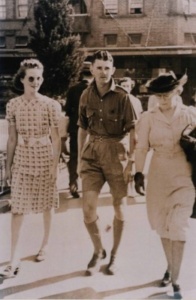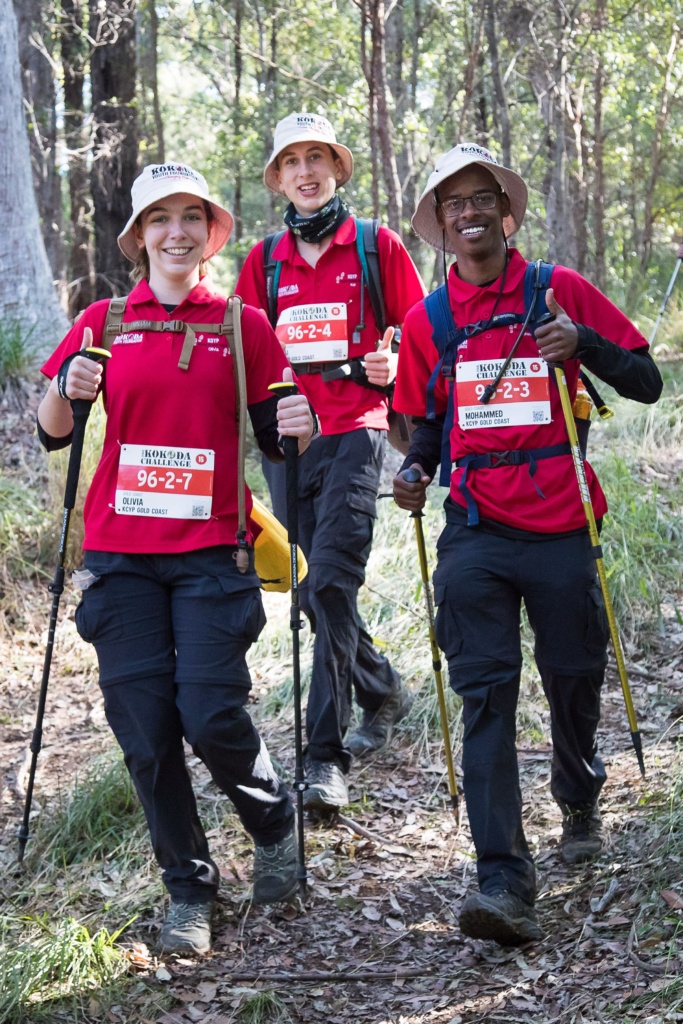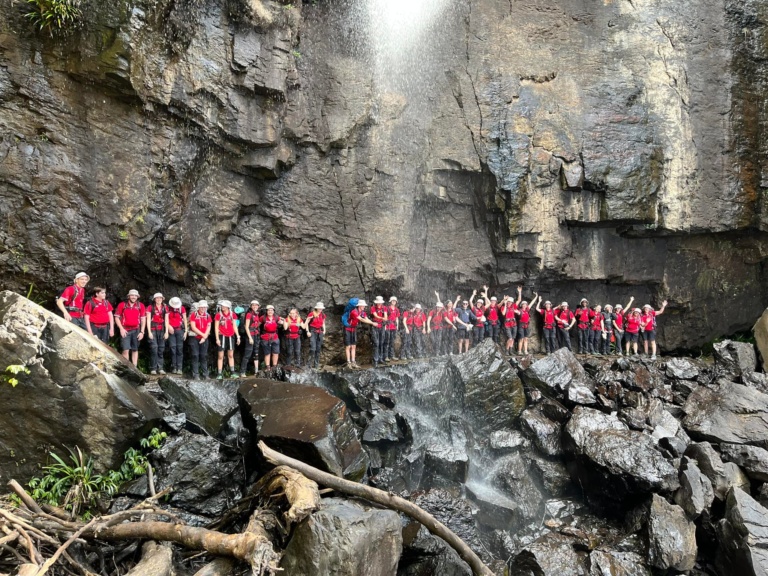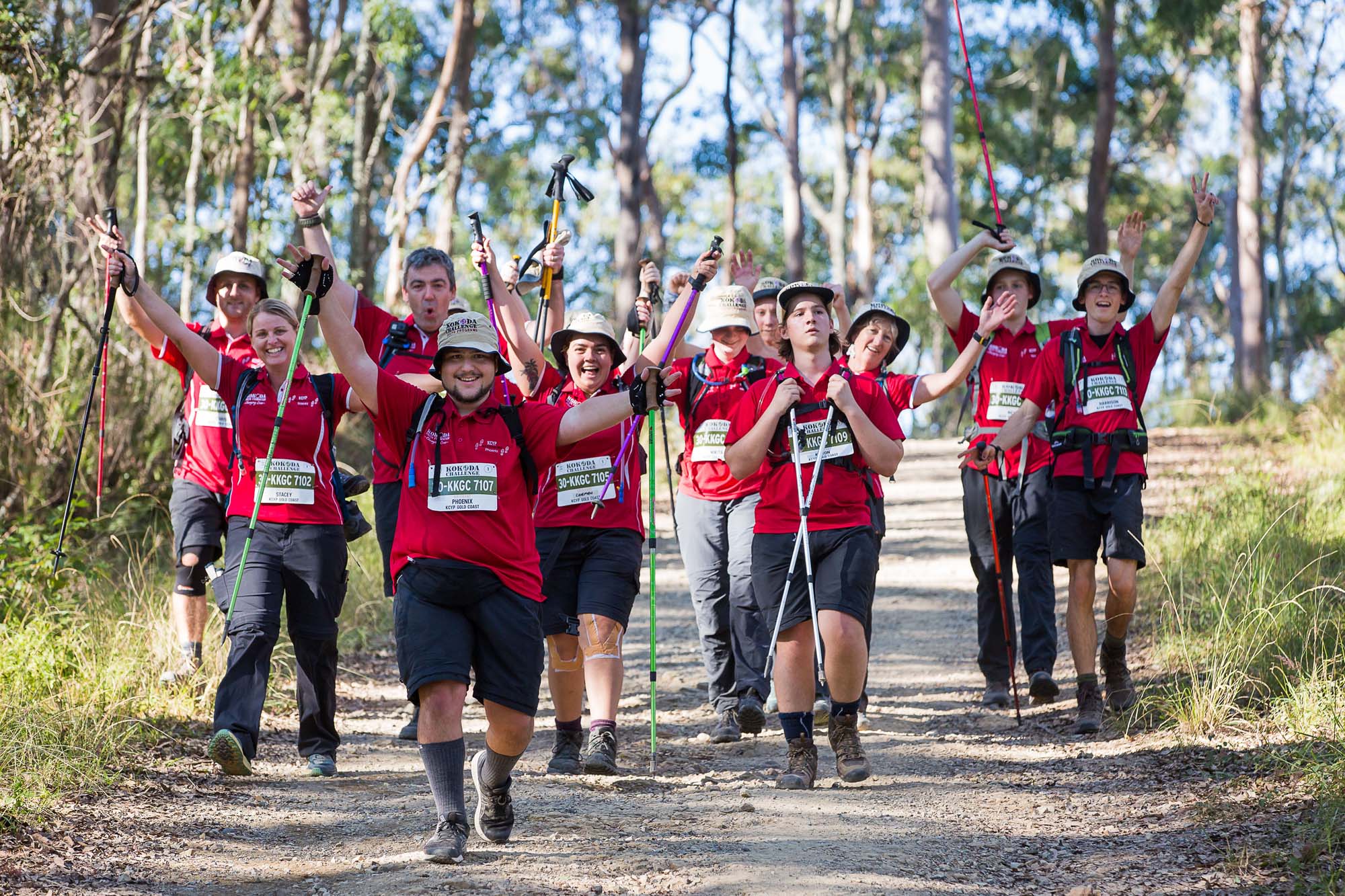The Kokoda Challenge Youth Program is a 9-month life skills program for 14-16 year olds, affectionately know as the ‘Kokoda Kids’. The program offers an opportunity for young people who are looking for direction and motivation to succeed.
Participants undergo 6 months of weekly training session followed by two challenges, the 96km Gold Coast Kokoda Challenge, and the KCYP Peak Experience. The Kokoda Kids then engage in 3 months of biweekly volunteer service days.
At the heart of the program lies the history of the Kokoda Campaign during World War II. Drawing inspiration from the Australian Diggers who defied insurmountable odds and accomplished the seemingly impossible, the KCYP instils the values of Courage, Endurance, Sacrifice, and Mateship, collectively known as the Kokoda Spirit.
2022 Kokoda Kid, Olivia, spoke about her connection to the 1942 Kokoda Campaign at the 2022 KCYP graduation ceremony. You can read her speech below ↓
“In July of 1941, a 23 year old Young was commissioned, commanding a mortar platoon in 3 Battalion. He arrived in Papua New Guinea in May 1942 where 3 Battalion were to garrison Port Moresby. On the 13th June, Young and Lt. Alex Palmer began a reconnaissance mission over the Kokoda Track. They identified possible defensive positions and reported on the possibility of constructing a road to Kokoda from Sogeri. They were the first two officers of the Australian army to make the trek.


“After the 36 hour train ride in the sweltering Christmas heat they arrived in Tamworth. The badly injured Australian soldiers were accommodated at Tamworth Army General Hospital, a series of army sheds. Most of the men were under morphine.
“In 1954 Young met the Late Queen and Duke of Edinburgh. He later lived in Kempsey and Dolphin Point. Ted Young died on the 17th of March 2003 at age 85 in Temora Hospital.
“I am so proud to be related to such a brave individual. I feel grateful to have such a personal connection to the Kokoda campaign because it made the entire program all the more meaningful. I believe it is imperative that we continue to learn about the sacrifices, small or great, made by our veterans. That sacrifice our brave soldiers made will never be forgotten.









